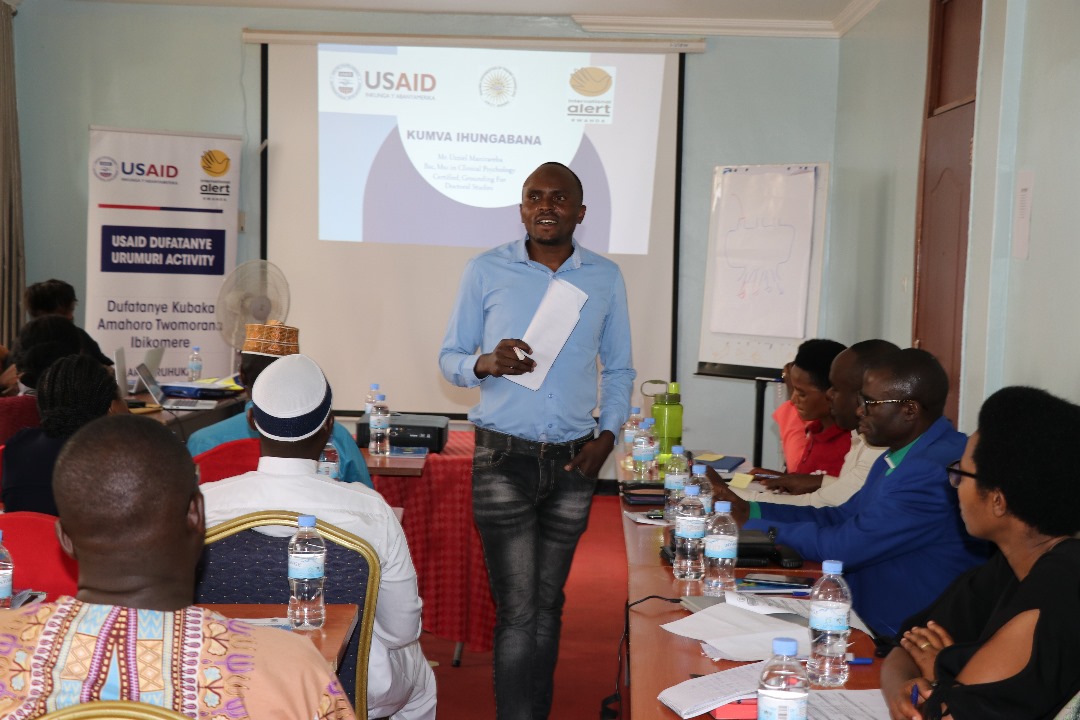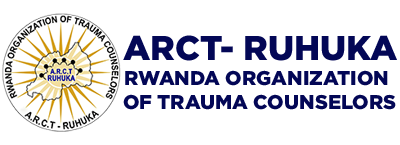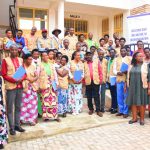
The Dufatanye Urumuri Social Cohesion (DUSC) Activity is to improve unity, resilience, intergenerational relationships, and social cohesion efforts through healing of historical wounds and facilitation of open and inclusive dialogue on contemporary sensitive issues in communities, secondary and high schools, universities, civil society forums in 30 Districts as well as at the national level over the next five years and eight months (April 10, 2021, to 31st December 2025).
Key achievements by end of 2023 according to annual report
Expanded opportunities to propel unity and resilience process: Geographically, the
project extended its activities from 30 to 60 sectors, growing its physical presence from 5 to
10 district offices. 270 more facilitators, including 120 schoolteachers and 150 community
facilitators were identified and equipped with skills and knowledge to reach out project target
communities with improved support. As result, 374 Urumuri therapy groups and 259
Urumuri forums were created to offer psychosocial support services and nurture harmonious
relationships respectively. Urumuri therapy groups are meant to offer safe spaces where
genocide affected people can overcome their haunting memories from experienced heinous
acts of their neighbors; and forums allow participant to engage into dialogues on challenges
and contemporary issues affecting unity and resilience and build self-efficacy to relate well
with their historical past.
Enhanced self-efficacy among project participants to impact positive changes in
community: The project data revealed a high self-efficacy percentage of 88.95% among
project participants versus 66% baseline. This underscores the transformative capacity of
community healing spaces (therapy groups and forums) to empower genocide affected people
in nurturing their capabilities to resist negative influence on any form of division or
discrimination while instilling attitudes towards peaceful conflict resolution approaches.
Decrease of traumatic symptoms: The MHPSS assessment shows a noteworthy increase
of the number of participants who reported the decrease of instances of trauma symptoms to
the average of 83.7% from 72.6% previously achieved (FY22) to 83.7% (FY23) which led to the
increase 17.9% compared to the baseline data (65.8%). As a result, this change has had a
multiplier effect to pave the way for relationship building as evidenced by 95.8 % (from 81%
baseline) of participants who reported positive inter-group interactions expressed through
active collaboration. This is also explained by notable increase of 26.3% (from 43% baseline to 69.3%) of participants with readiness to share sensitive stories. One of key responsible factors
to this change as analysed by the project is the empathetic environment which allow
participants to lower their guards and express their emotional vulnerabilities and feelings with
hope to be heard.
Enhanced psychosocial resilience: The copying mechanism of Urumuri participants has
improved as shown by the increased number of participants (65.9% from 47% baseline) who
reported having got capacities to cope with their trauma and associated social effects.
Evidence to this are notable cooperation among participants through joint activities and
mutual support; thereby, responding simultaneously to livelihood and emotional well-being
needs with effects to nurturing sustainable peace and resilience.
Trusting the other: Trust among project participants from different historical background
identity groups has significantly increased from 44% to 55.4%. Key drivers of this change as
noted by the project include frequency of interactions, well equipped facilitators, and bridge
building initiatives performed by group members with aim to support vulnerable people
among them regardless their former ethnic background.
Strengthened social cohesion through bridge building initiatives: This year, the
project recorded 317 initiatives out of 150 targets including 175 selfless activities and 142
saving initiatives (VSLAs) with over FRW 20 million savings. These initiatives not only
respond to the needs of social economic wellbeing of project participants, but they also
contribute to peacebuilding outcomes. In fact, frequent meetings and contact allow
participants to rehumanize each other and nurture their social cohesion and trust.


1 Comment
Jane Abatoni Gatete
Great achievements so far! well done ARCT-Ruhuka Team keep it up